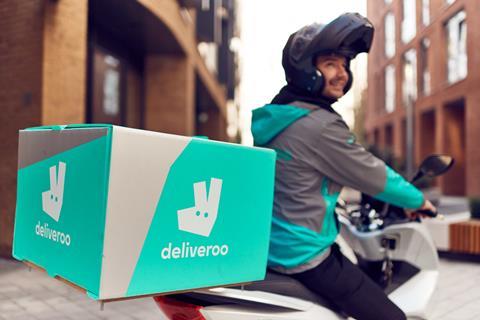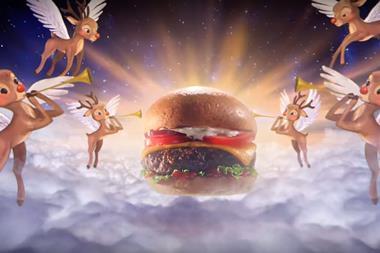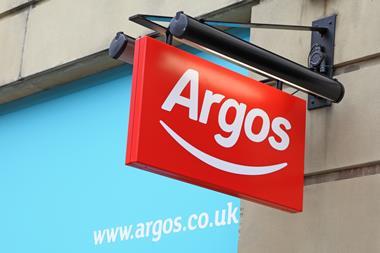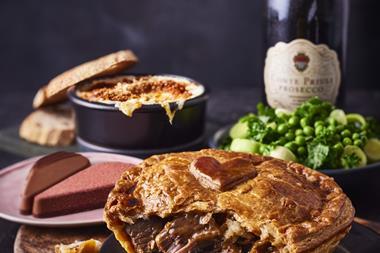
The meteoric rise of rapid grocery delivery apps is both brilliant and baffling. On one hand, never have we had so much choice delivered to us in so little time. On the other, it’s unclear how to make sense of this choice. In the sea of identical promises and products, who do you trust?
The grocery category is going through a transformation not dissimilar to the one in financial, taxi and property services. A multi-trillion global industry is making a shift to quick commerce powered by rising customer expectations, technology and the abundance of venture capital. With the proliferation of players like Getir, Gorillas, Jiffy, Weezy, Zapp, Dija and now Deliveroo Hop, it’s inevitable the space will consolidate, specialise and grow even more. The question is, which of the above will be the last brand standing?
There’s a simple answer. Winning new customers and growing them into loyal advocates in cutthroat market terms means customer base ‘monopolisation’, high active monthly usage and low churn.
In the game of acquisition, getting customers on board quickly is king. Every millisecond counts, every step leads to conversion loss. This is where Deliveroo has a leg up. While it’s not the first to the game or the fastest, it is well-positioned to capitalise on its existing customer and partner base with Deliveroo Hop. In the space where 80% of customers will either never or rarely leave for another competitor, Deliveroo has a strong chance of further scaling up its grocery delivery operation, which it currently reports at 10% of its overall business.
For new entrants like Getir and Gorillas, it’s an uphill battle. Albeit one that they seem to be pretty good at. Powered by the influx of venture money and already touting multi-billion valuations, the two companies have made aggressive moves in the UK. While the two have a few things in common - Turkish founders, multi-market reach, unicorn status - they seem to be pursuing different expansion strategies.
Gorillas seems to have gone after a younger urban audience with its uncharacteristic name, minimalist branding, focus on speed and millennial values (i.e. organic, sustainable and wellness-focused). Getir, on the other hand, is taking a more traditional approach focused on clear management of customer expectations, and is grounded in the service’s success in other markets. Cheaper and more down-to-earth, it seems to be aiming for the mid-market audience with its prominently displayed delivery times (around 19 minutes in my area) and a comprehensive assortment of products.
While traditional grocery shopping has always required a high degree of organisational skills with its lists, checkout queues and delivery slots, rapid delivery services are primed for the last-minute decisions of improvisers and are aimed at students, WFH professionals and young families. Spearheaded by covid, these emerging behaviours are likely to stay and the winners will be decided by their ability to find their customers and grow their loyalty.
While it’s difficult to predict the future, Deliveroo’s customer base and established brand gives them an edge over competitors. However, this doesn’t mean they will stay ahead. Getir and Golliras can both derail Deliveroo if they build their customer base, appeal to younger demographics and maintain and improve upon their competitive delivery services.



















No comments yet